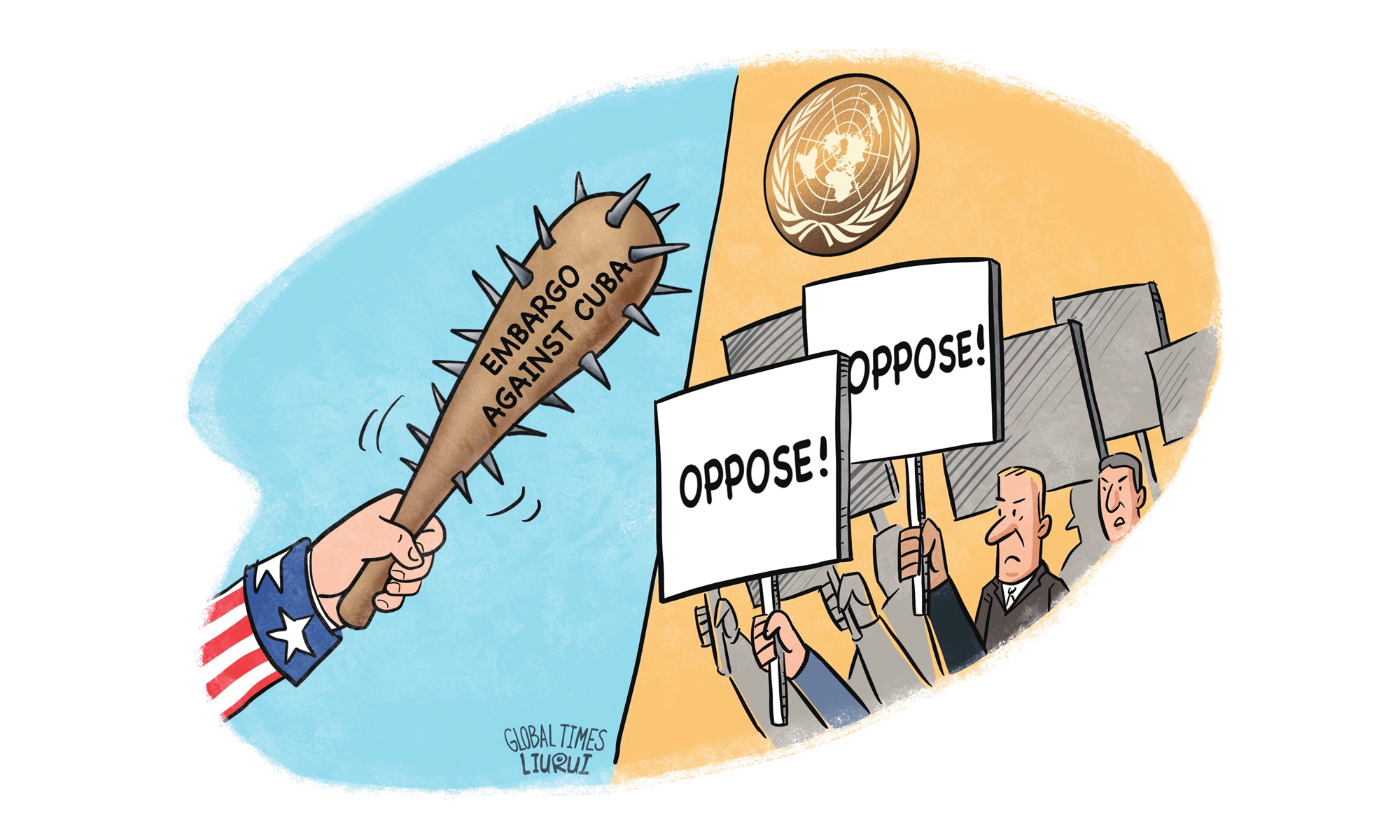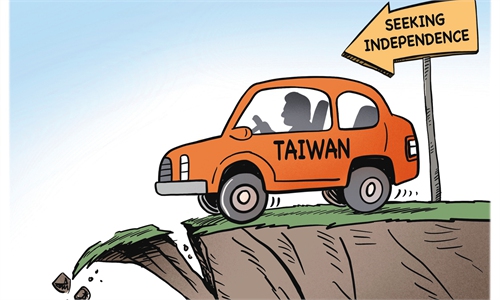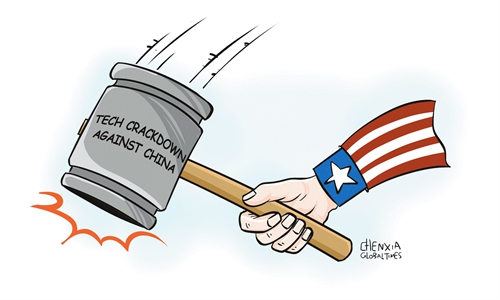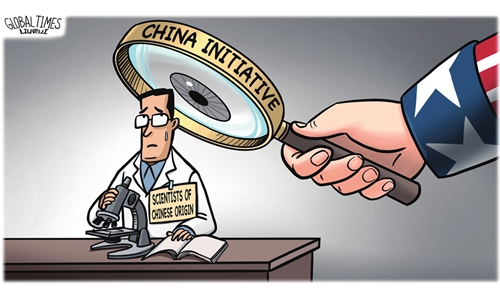The US faces further isolation in the United Nations for its embargo against Cuba

Illustration: Liu Rui/GT
On Wednesday, the US once again staged a drama in which it went against almost the entire world at the United Nations General Assembly. The General Assembly overwhelmingly adopted a resolution calling on the US to end economic, commercial, financial embargo against Cuba, with a total of 187 votes in favor, and only the US and Israel vetoed.
Why say "once again"? It is because the UN General Assembly has voted for the resolution every year on ending the US' embargo against Cuba since 1992. Relevant resolutions have been adopted by a large margin for 32 consecutive times.
At last year's UN General Assembly, the vote was also 187 in favor, with only the US and Israel voting against. On this issue, the US is an absolute minority, yet it keeps arrogantly ignoring the UN resolutions, obstinately showcasing its self-proclaimed identity as the "world's policeman" in an increasingly isolated and unsupported manner.
The US government claims its practices against Cuba is to "promote human rights" and "democracy." The truth is, the US' sanctions imposed on Cuba for over 60 years have severely impeded the country's economic and social development, leading to a shocking humanitarian crisis.
The living conditions of the Cuban people have deteriorated due to the "humanitarian care" from the US. Cuba's basic social services such as medical care and education have been severely affected by a lack of supplies and resources.
The US sanctions have made the Cuban people struggle in everyday life, which indeed has become a reverse push against human rights.
As international calls for justice for Cuba grow louder, the US' opposition stands out as particularly jarring.
This is not only a disregard for the will of the international community, but also a contempt for multilateralism.
Mexican President Andres Manuel Lopez Obrador has repeatedly called on the US to lift its unfair and inhumane embargo against the Cuban people, saying that it is akin to "a genocidal policy."
In June, Vietnamese foreign ministry's official stated that the US is expected to "make necessary measures to reach a full normalization of relations with Cuba, which would contribute to peace, cooperation, stability and development in the Americas and the world."
As China's permanent representative to the United Nations Ambassador Fu Cong stated at the General Assembly on Tuesday, the US and a few other Western countries are still pursuing unilateralism, protectionism, and bullying. They resort to abusive use of illegal unilateral sanctions against countries such as Cuba, which gravely violates the purposes and principles of the UN Charter, seriously undermines the international consensus on the 2030 Agenda, jeopardizes the rights to survival and development of the countries concerned and their people. Such conduct runs counter to the true spirit of multilateralism and is incompatible with the trend of times, namely, peaceful development and win-win cooperation.
Facts have proved that sanctions and embargoes cannot crush the people of other countries, and containment and suppression cannot solve one's own predicament.
Currently, more and more countries expect a fair and just international order. The hegemonism and power politics pursued by the US are being increasingly opposed.
Cuba's struggle is a microcosm of the hegemonic behavior of the US in an attempt to control other countries through unilateral sanctions, but instead stand opposite to the majority in the world.
The latest UN General Assembly vote undoubtedly reflects the desire of the vast majority of countries to build a more reasonable world order.



